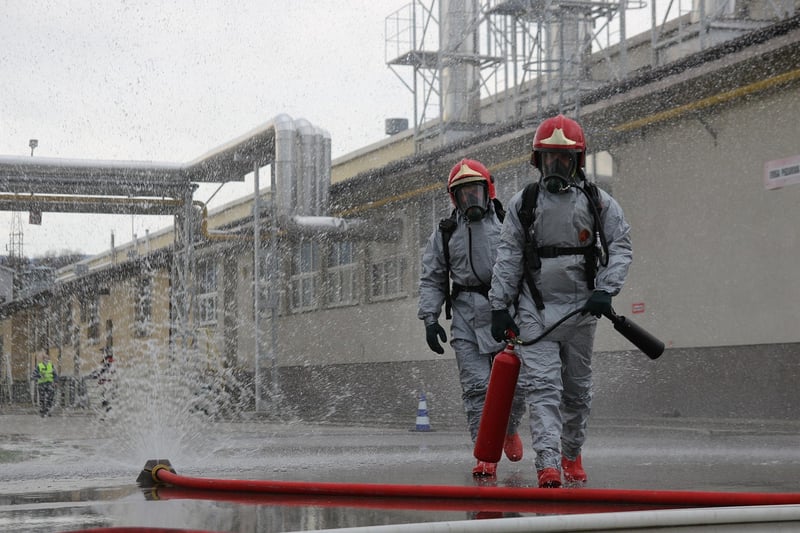Rule of Rescue
Guidelines in Time Travel + Rule of Rescue
Introduction
Time travel has long been a fascinating concept in science fiction, allowing characters to explore different eras and alter the course of history. However, with great power comes great responsibility. When considering time travel, it is essential to adhere to certain guidelines to prevent unintended consequences and paradoxes. Additionally, the Rule of Rescue, a moral principle often applied in emergency situations, plays a crucial role in determining the ethical implications of using time travel to alter past events.
Guidelines in Time Travel
- Non-Interference: Avoid altering significant historical events that could have far-reaching consequences on the present and future.
- Minimal Impact: If intervention is necessary, strive to make the smallest possible changes to achieve the desired outcome.
- Temporal Displacement: Be cautious of causing temporal displacements or creating alternate timelines that may disrupt the natural flow of history.
- Butterfly Effect: Consider the "butterfly effect," where small actions in the past can lead to significant changes in the future.
- Temporal Loops: Avoid creating paradoxes or loops that could trap individuals in an infinite cycle of events.
Rule of Rescue
The Rule of Rescue is a moral principle that prioritizes saving individuals in immediate danger, even if it involves significant risks or sacrifices. When applying the Rule of Rescue to time travel, ethical considerations become complex:
- Beneficence: Consider the benefits and harms of altering past events to save lives or prevent tragedies.
- Autonomy: Respect the autonomy of individuals in the past and avoid imposing unwanted changes on their lives.
- Justice: Ensure that interventions through time travel do not unfairly advantage or disadvantage certain individuals or groups.
Conclusion
Time travel, while a captivating concept, raises profound ethical and practical challenges. By following guidelines that prioritize non-interference and minimal impact, individuals can navigate the complexities of altering historical events responsibly. Similarly, understanding the Rule of Rescue can help weigh the ethical implications of using time travel to rescue individuals in distress. Ultimately, the exploration of time travel must be approached with caution, mindfulness, and a deep respect for the intricate web of causality that binds past, present, and future.


